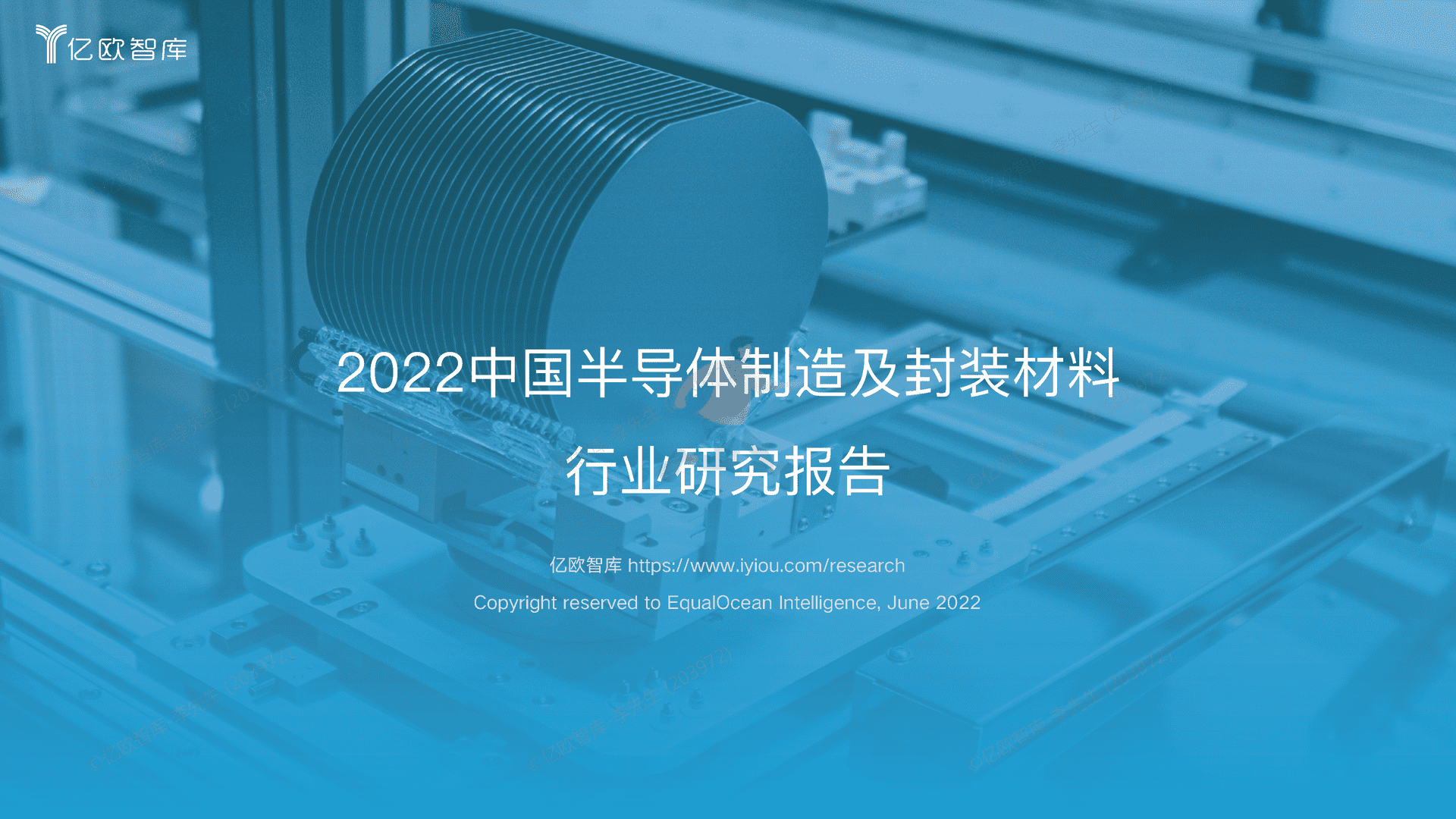The United States’ efforts to frustrate China’s goal of becoming technologically highly advanced and self-reliant continue under President Biden. Not only is the Dutch semiconductor sector drawn into this endeavour, but so are many industries in Asia. For example, the Biden administration has proposed creating a ‘Chips Alliance’ to strengthen ties linking the industries of Japan, South Korea, Taiwan and the United States in the face of Chinese ambitions. Moreover, in October 2022 President Biden introduced export controls targeting semiconductor-related supplies to China, which also affect Asian companies.
However, the US–China rivalry is not the only political factor impacting Asia’s semiconductor industries. So are domestic political agendas and regional relations. For example, trade disputes between Japan and South Korea are affecting the semiconductor industries in both countries, while India is looking to become a chip-manufacturing hub. Taiwanese semiconductor giant T*C is considering building factories in other Asian countries amid political and military tensions over the island. Singapore’s government is actively attracting foreign companies in the semiconductor industry to settle in the city state, while South Korean companies have built up large interests in China’s semiconductor industry.
 1 / 114
1 / 114
 2 / 114
2 / 114
 3 / 114
3 / 114
 4 / 114
4 / 114
 5 / 114
5 / 114
 6 / 114
6 / 114
 7 / 114
7 / 114
 8 / 114
8 / 114
 9 / 114
9 / 114
 10 / 114
10 / 114
 11 / 114
11 / 114
 12 / 114
12 / 114
 13 / 114
13 / 114
 14 / 114
14 / 114
 15 / 114
15 / 114
 16 / 114
16 / 114
 17 / 114
17 / 114
 18 / 114
18 / 114
 19 / 114
19 / 114
 20 / 114
20 / 114
 21 / 114
21 / 114
 22 / 114
22 / 114
 23 / 114
23 / 114
 24 / 114
24 / 114
 25 / 114
25 / 114
 26 / 114
26 / 114
 27 / 114
27 / 114
 28 / 114
28 / 114
 29 / 114
29 / 114
 30 / 114
30 / 114
本文档共114页,请下载完整版阅读。
免责声明:本平台只做内容的收集及分享,内容版权归原撰写发布机构(或个人)所有,由小编通过公开合法渠道获得,如涉及侵权,请联系我们删除;如对报告内容存疑,请与撰写、发布机构联系。









